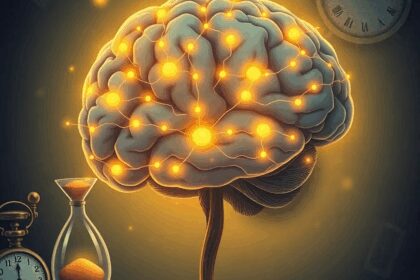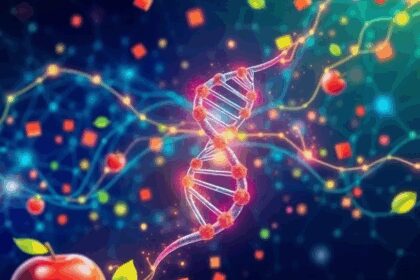Recent Korean research reveals that moderate-to-severe frailty increases mortality risk over 2.5 times, emphasizing early detection and lifestyle interventions for aging populations. The frailty index...
Recent UK Biobank data shows tyrosine’s association with a 12% higher mortality risk in men, driven by insulin resistance, urging balanced dietary approaches for longevity. A 2023 study reveals ...
A 2023 meta-analysis confirms GrimAge epigenetic age acceleration consistently predicts frailty, enabling early risk assessment and personalized interventions for elderly health. Recent studies show e...
Recent studies show oxytocin enhances neurogenesis and synaptic plasticity in aged mice, with human trials indicating potential for treating cognitive decline, addressing the global rise in dementia c...
Explores the surge in mindfulness adoption through corporate initiatives and digital apps, backed by APA data showing stress reduction and productivity gains from recent studies. Rising mindfulness us...
This article explores how AI and genomics are driving personalized nutrition, improving weight management and chronic disease prevention through tailored diets, backed by recent studies and expert ins...
New cancer treatments, including mRNA vaccines and targeted therapies, are reducing recurrence risks and improving survival rates, with innovations making care more equitable and effective. Innovative...
Recent studies show mindful eating reduces stress and improves digestion, with experts highlighting its role in sustainable habits and tech integration for modern lifestyles. Mindful eating enhances m...
Eli Lilly’s AI collaborations via TuneLab cut preclinical timelines by up to 30% and reduce attrition rates, democratizing drug discovery for smaller firms with enhanced data privacy. Eli Lilly&...
Advances in AI and genomics enable tailored dietary plans, improving weight management and chronic disease prevention, as shown by recent studies and market growth projections. AI and genomics are tra...










